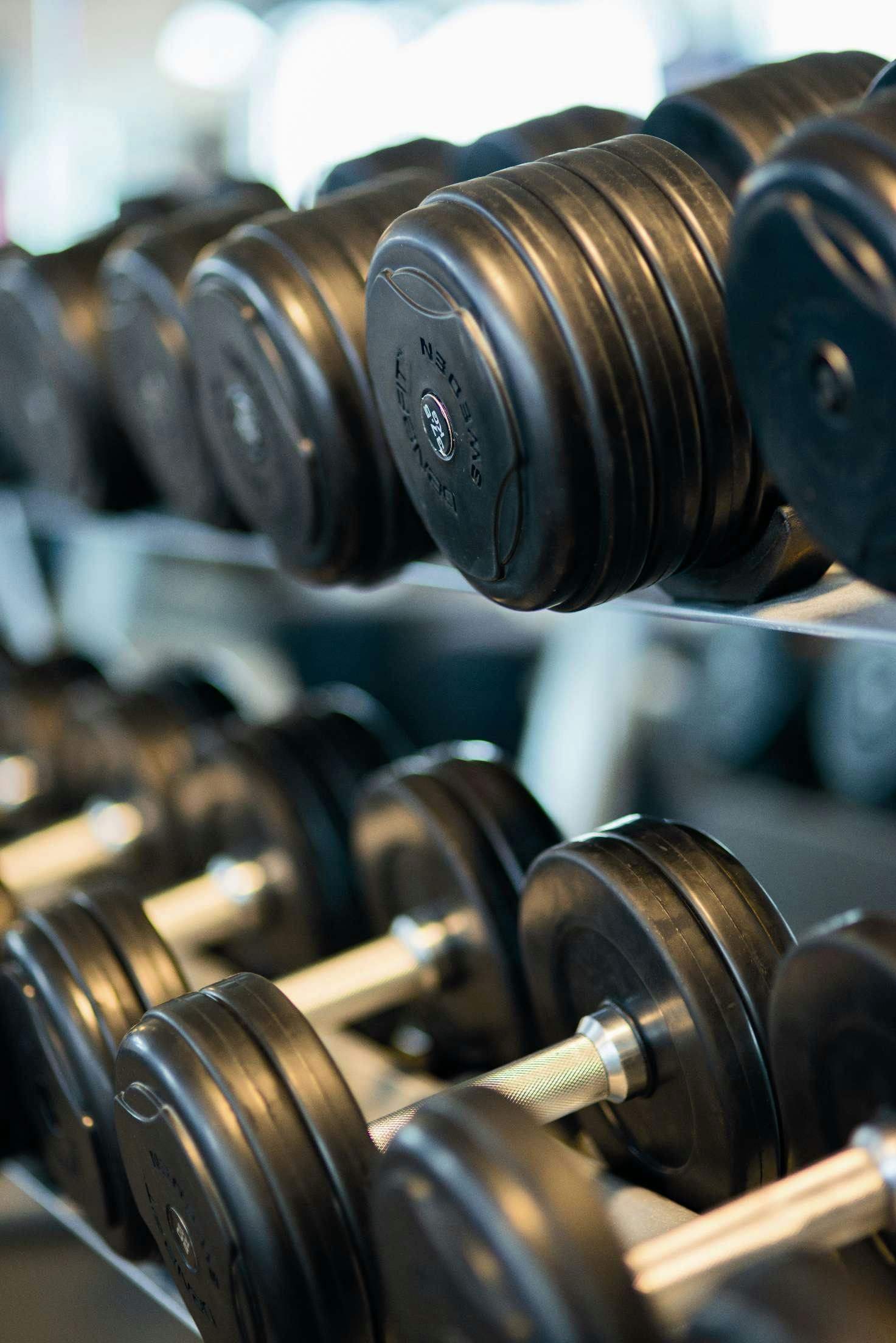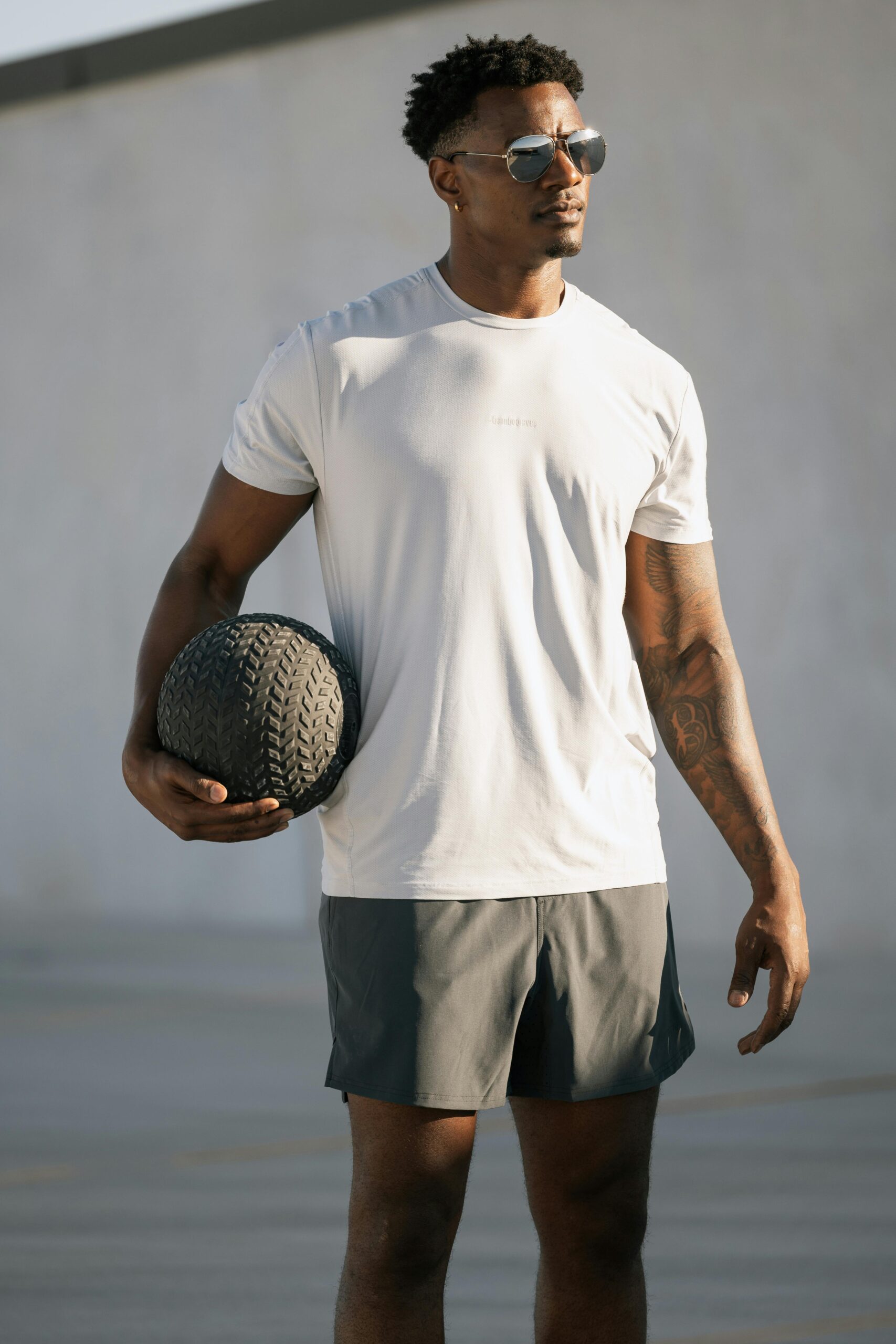Discover Effective Ways to Build Muscle While Enjoying Alcohol in 2025
In today’s fast-paced world, the balance between fitness and leisure has become increasingly important. For many fitness enthusiasts and athletes, the question of how to enjoy alcohol without jeopardizing muscle-building goals is significant. Whether you’re attending a social gathering or simply unwinding after a long week, understanding the effects of alcohol on muscle growth and performance can help you make informed decisions. In this article, we will explore essential ways you can enjoy alcohol while still making progress in your fitness journey. We’ll delve into the interaction between alcohol and muscle development, the importance of hydration, the role of protein intake, and how to indulge responsibly. Discover tips tailored for athletes that will help you achieve your fitness goals effectively, even if you enjoy a drink now and then.

Understanding the Impact of Alcohol on Muscle Growth
Building muscle while enjoying alcohol requires an understanding of how these two elements interact. While some studies suggest a minor impact of alcohol on muscle protein synthesis, the effects can vary based on consumption levels. Moderate alcohol consumption might lead to minimal muscle growth disruption, while excessive intake can be detrimental. By recognizing these effects, athletes and fitness enthusiasts can enjoy their drinks without compromising their training results. It’s vital to choose when and how much to consume to mitigate negative impacts.
Effects of Alcohol on Protein Synthesis
Protein synthesis is crucial for muscle repair and growth. Alcohol inhibits the mTOR pathway responsible for signaling muscle growth, which means consuming alcohol in large amounts can hinder the muscle-building process. For optimal results, it’s best to minimize alcohol intake immediately following workouts when protein synthesis peaks. Instead, consider timing your alcohol enjoyment to moments of socializing where it won’t interfere with your workout recovery.
Alcohol and Recovery: A Delicate Balance
Recovery is an essential component of any training regimen. Alcohol can affect your body’s ability to recover post-exercise by impeding hydration levels and disrupting sleep patterns. It’s advised to stay hydrated and consume nutrient-dense meals after drinking. Be mindful when choosing beverages; opting for lighter options like beer over spirits can be beneficial. This approach helps to decrease caloric intake while still allowing for social engagement.
Hydration Matters: Alcohol’s Dehydrating Effects
Alcohol is a known diuretic, meaning it can lead to dehydration. Proper hydration before and after drinking is necessary for maintaining muscle function and performance. Incorporating electrolytes into your hydration strategy can help balance the loss caused by alcohol consumption. Aim to drink water continuously, ensuring your body remains hydrated and primed for workouts.
Building on the fundamentals of alcohol’s effects, let’s delve into practical tips for integrating alcohol responsibly into your fitness lifestyle.
Practical Tips for Enjoying Alcohol While Building Muscle
For many athletes, finding the right balance between enjoying alcohol and maintaining fitness is crucial. Here are actionable tips to help you navigate this balance while staying focused on your muscle-building goals.
Choosing the Right Drinks
Not all alcoholic beverages are created equal when it comes to caloric content. Consider selecting lighter options such as low-calorie beers or dry wines, which can be easier on your fitness regimen. Avoid sugary cocktails that can add unnecessary calories and may hinder your progress. This tip is vital in maintaining a good balance between enjoyment and health-conscious choices.
Allocation of Alcohol Consumption
Distributing alcohol intake throughout the week instead of binge drinking on weekends can help reduce its negative effects. Spreading out your consumption allows your body time to recover while still enjoying social activities. Consider limiting your intake to specific events or environments that encourage mindful drinking, thus reducing the likelihood of overindulgence.
Incorporating Alcohol-Free Days
Having designated alcohol-free days can enhance muscle recovery and overall health while providing mental clarity and focus. These breaks can improve workout performance, allowing you to stay motivated. On your alcohol-free days, concentrate on nutrition and hydration for muscle repair, emphasizing the positive cycle of fitness and recovery.

Benefits of Alcohol-Free Alternatives
With the growing popularity of alcohol-free options, many athletes and fitness enthusiasts are turning to these alternatives to enjoy the social aspect without the associated risks linked to alcohol consumption. Some alcohol-free beverages can provide a refreshing change while ensuring you stay on track with your fitness goals.
Top Alcohol-Free Drinks for Athletes
Alcohol-free beers and mocktails can offer alternatives that mimic the taste of traditional drinks without the unwanted calories. They can serve as excellent substitutes that allow you to participate in social settings while promoting recovery and well-being. It’s an enjoyable way to socialize without compromising on health.
The Role of Hydration and Electrolytes
Incorporating hydrating cocktails with low alcohol content helps balance hydration levels. Additionally, choose beverages enriched with electrolytes to complement your workout routine. This ensures that your muscles receive adequate hydration while allowing you the freedom to enjoy social settings.
This naturally leads us to explore how to maintain muscle repair and growth amidst alcohol consumption.
Maintaining Muscle Repair and Growth
Consuming alcohol responsibly doesn’t mean abandoning muscle-building goals. Understanding muscle repair in relation to alcohol helps to achieve desired fitness levels despite occasional indulgences. This section outlines effective strategies for muscle maintenance while allowing for the enjoyment of alcohol.
Timing Your Intake for Maximum Effect
The timing of alcohol consumption plays a critical role in muscle repair. Aim to avoid alcohol around exercise times, particularly before and immediately after workouts. Instead, enjoy a drink later in the evening. This awareness helps to mitigate negative effects on your training, ensuring that muscle recovery remains a priority.
Nutritional Strategies to Support Recovery
Incorporating protein-rich meals before and after alcohol consumption can aid in muscle repair. Foods such as lean meats, legumes, and protein shakes should be part of your regimen. This enhances muscle recovery while allowing you to enjoy alcohol modestly. Prioritize nutrition and hydration to support and complement your muscle-building efforts amid alcohol utilization.
Common Myths and Facts About Alcohol and Muscle Building
Dispelling myths about alcohol and muscle growth is essential for understanding its true effects on fitness. Many misconceptions exist, which can cloud judgment regarding alcohol consumption and fitness. Here we address some prevalent beliefs.
Myth: All Alcohol is Detrimental to Fitness
A common misconception is that any level of alcohol consumption will ruin your fitness progress. While excessive intake can indeed be harmful, moderate drinking can have negligible effects on muscle growth when managed correctly. Making informed choices can lead to responsible enjoyment of alcohol without severely impacting muscle development.
Fact: Alcohol Can Still Be Part of a Healthy Lifestyle
Integrating alcohol responsibly cannot only enhance social experiences but can be done while still committing to your muscle-building goals. Understanding your body’s responses makes a significant difference in holistic health and fitness. Prioritize moderation in consumption to align with your overall health objectives.
Q&A Section: Addressing Common Concerns
Can I drink alcohol after workouts and still make gains?
While it’s best to minimize alcohol intake immediately after workouts, moderate consumption later in the day can be managed effectively. Focus on hydration and protein intake post-workout to support muscle recovery.
How does alcohol affect my metabolism and body composition?
Alcohol provides empty calories that can contribute to weight gain if consumed excessively. However, moderate consumption won’t significantly affect muscle growth or metabolism if aligned with a balanced diet and exercise routine.
Are there specific types of alcohol that are better for athletes?
Lighter alcoholic beverages such as dry wines or low-calorie beers are better options for athletes. They provide less caloric intake and fewer sugars compared to cocktails or high-calorie mixed drinks.
What are some strategies for staying motivated when consuming alcohol?
Limit the occasions for alcohol consumption, set clear fitness goals, and consider alcohol-free days. These strategies help maintain motivation while allowing for enjoyment during social interactions.
How can I ensure I’m staying hydrated while drinking?
Alternate between alcoholic beverages and water, ensuring proper hydration levels. Including electrolytes and hydrating drinks in your regimen can also support muscle function effectively.
